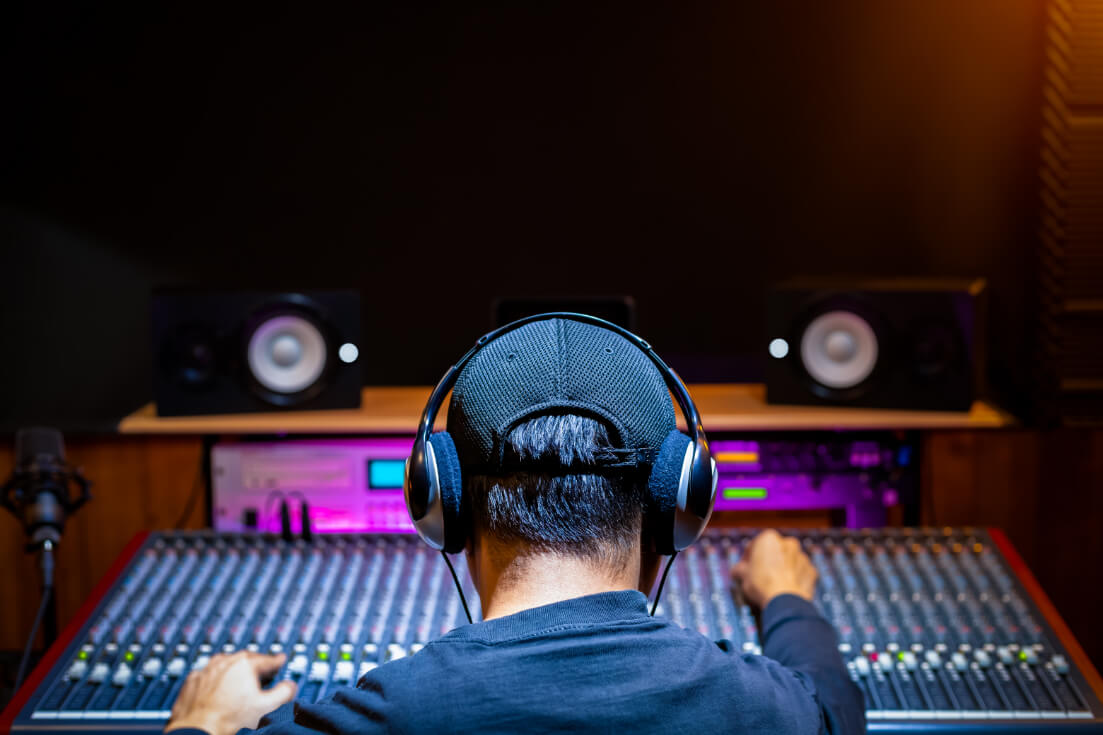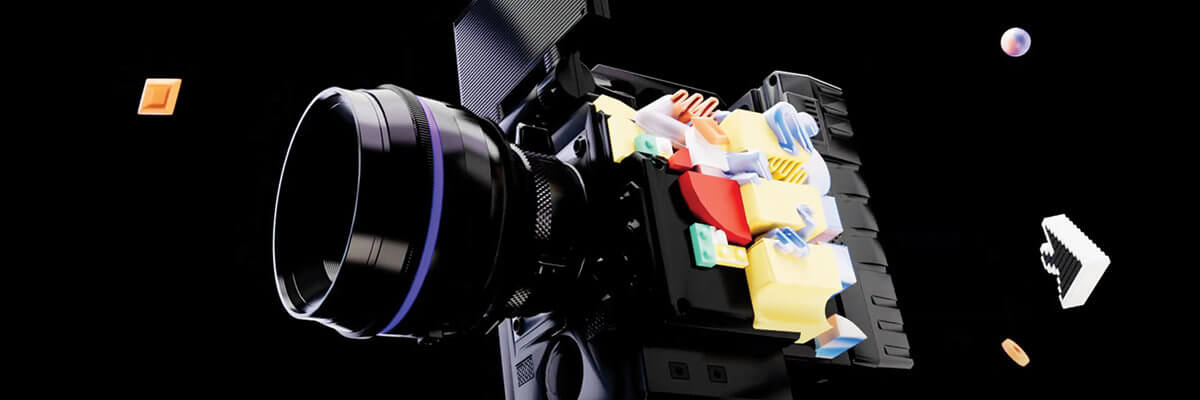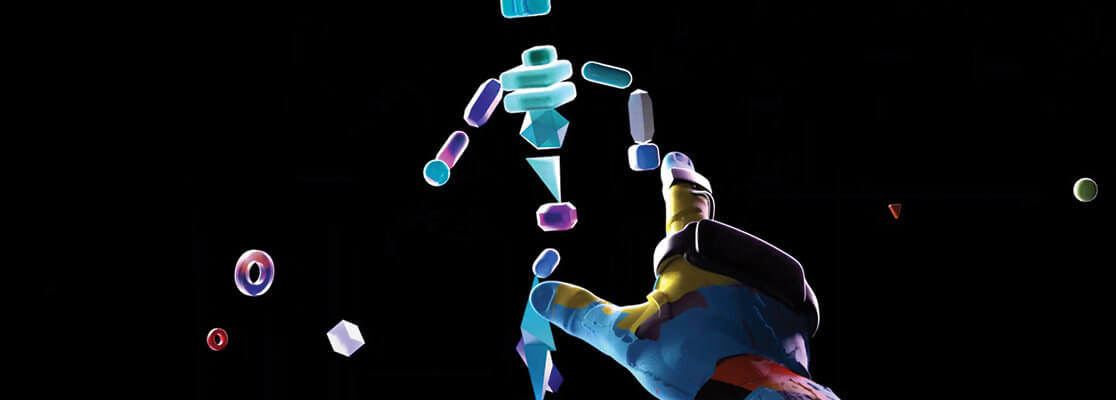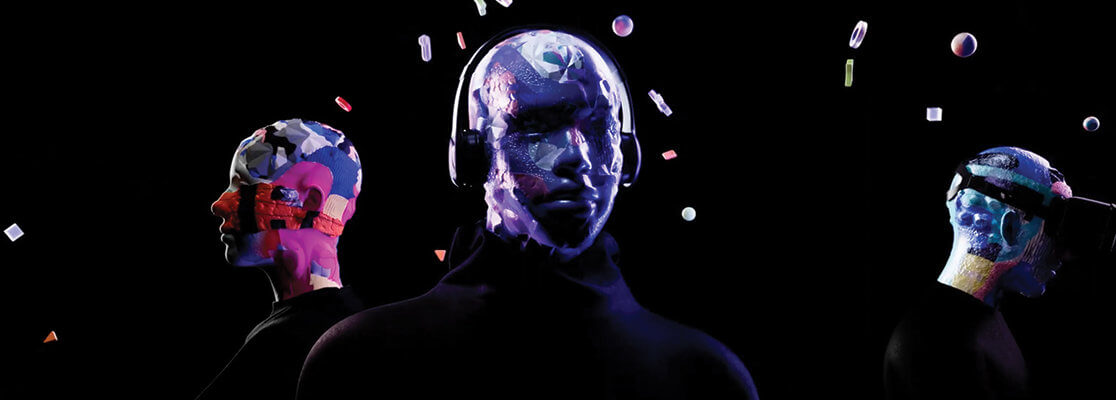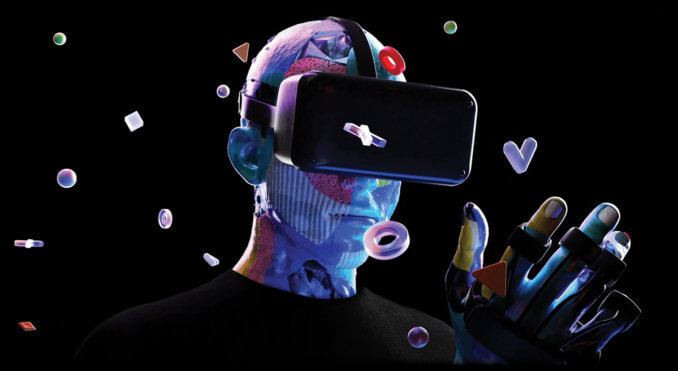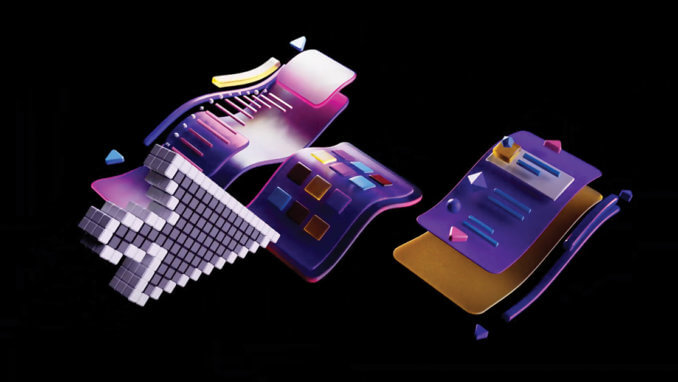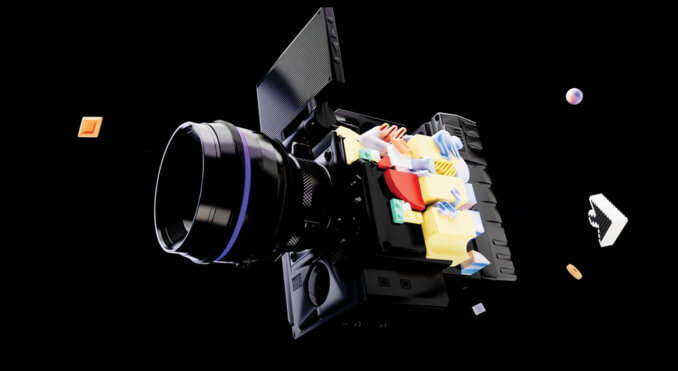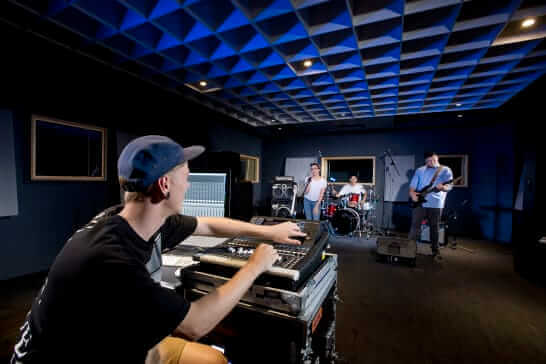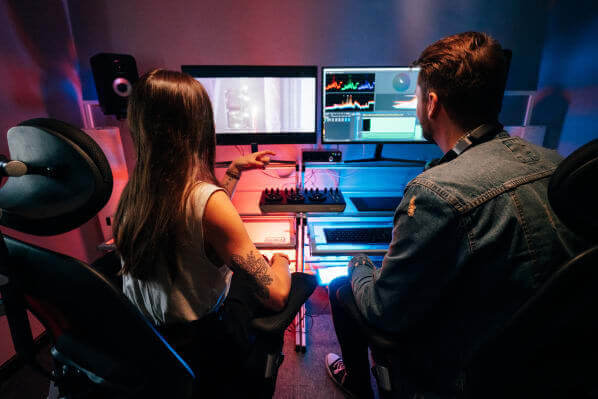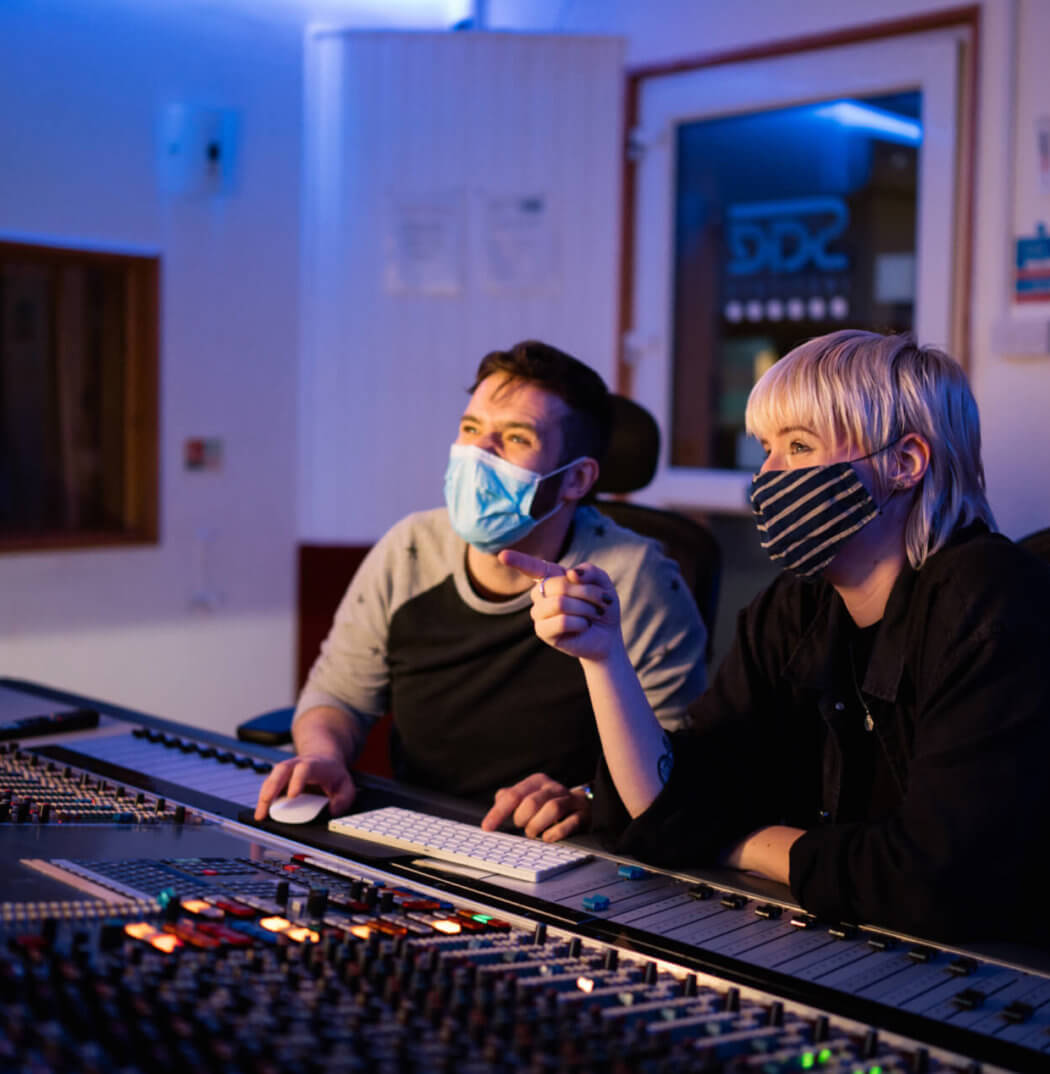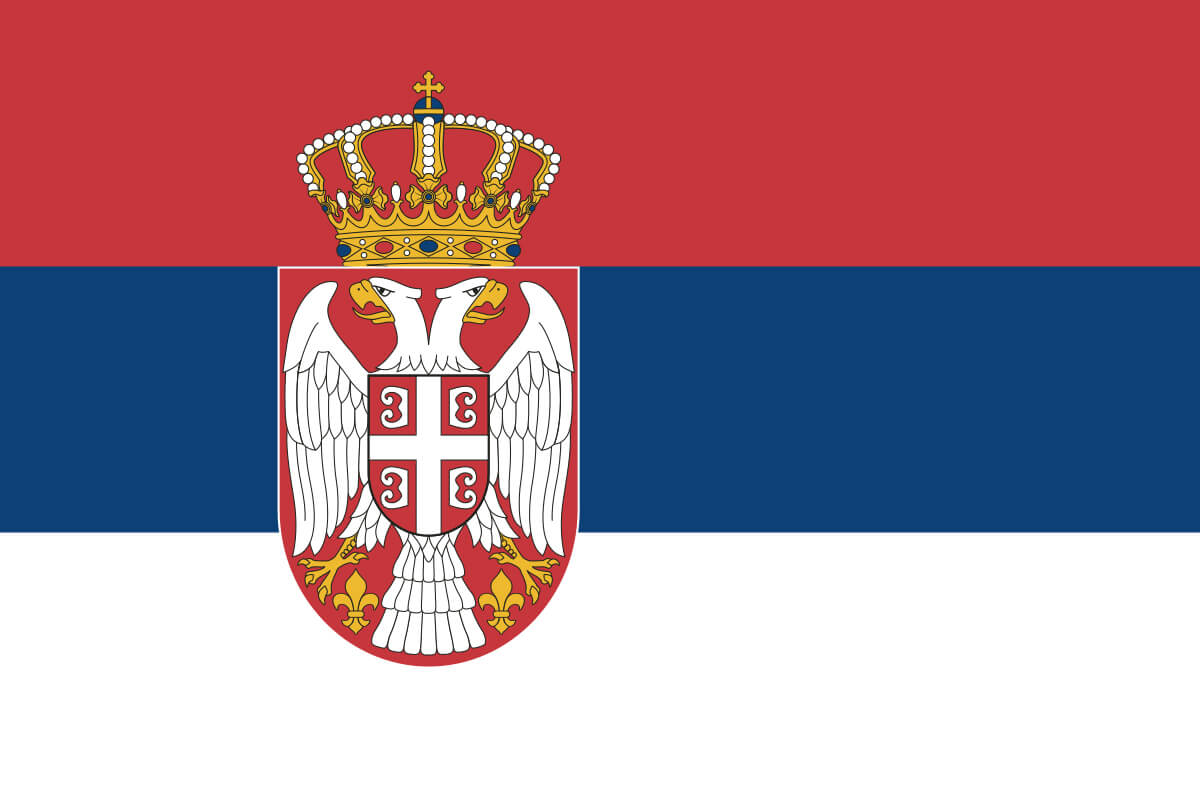Bachelor of Audio
MAKE SERIOUS NOISE IN THE AUDIO INDUSTRY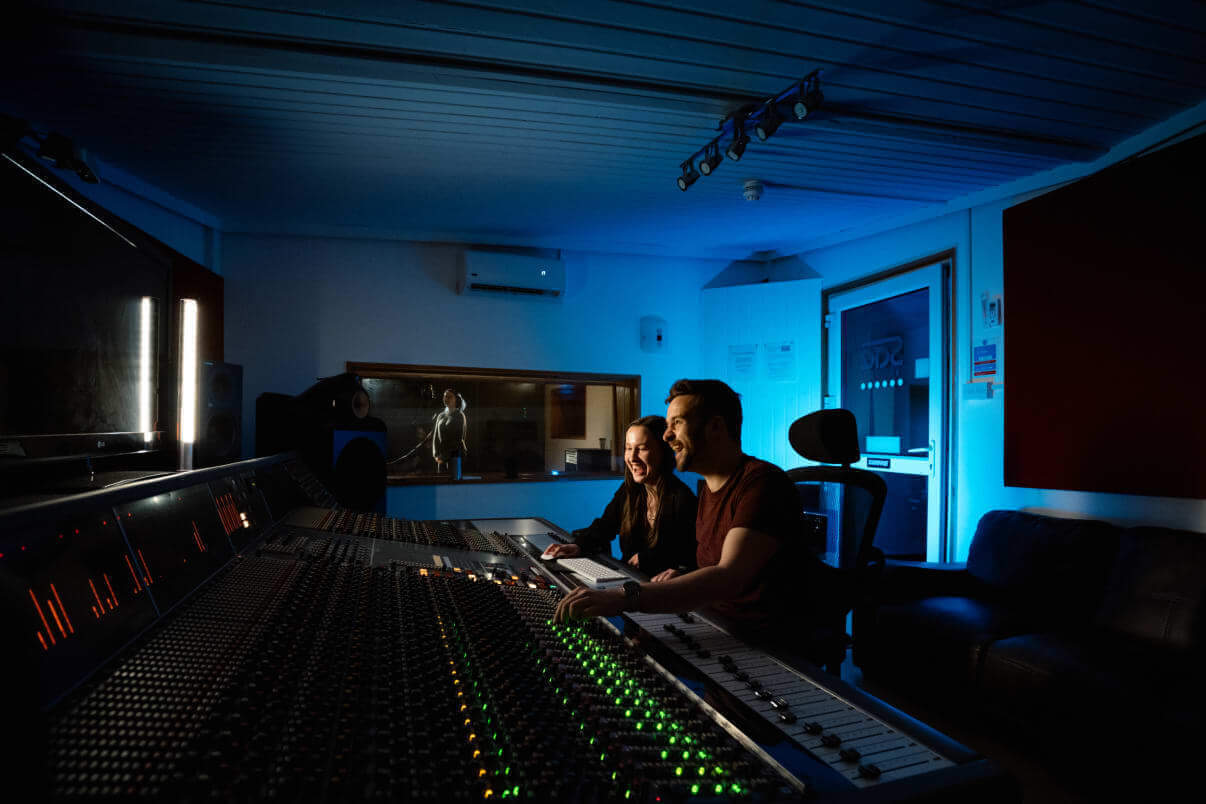
Available at
Dubai
Fees
Bachelor of Audio
Domestic Fees
- Plan A – Yearly Payment – AED 56,790
- Plan B – Trimester Payment – AED 20,670
- Plan C – Monthly Payment – AED 7,340 (9 Payments per Year)
Bachelor of Audio
International Fees
- Plan A – Yearly Payment – AED 56,790
- Plan B – Trimester Payment – AED 20,670
- Plan C – Monthly Payment – AED 7,340 (9 Payments per Year)
Duration(s)
8 Trimesters Full Time
Complete the program across 3 years (8 trimesters)
Bachelor of Audio
Course Durations
8 Trimesters Full Time
Complete the program across 3 years (8 trimesters)
We understand that things can change, so you'll have the flexibility to change your study load throughout your course if you need to.
Start Date(s)
Dubai
2024 – May, Dubai
2024 – September, Dubai
Bachelor of Audio
Start Dates
Dubai
2024 – May, Dubai
2024 – September, Dubai
Entry Requirements
Bachelor of Audio
Domestic Entry Requirements
Domestic Entry Requirements
Minimum age requirements
Academic requirements
English language requirements
International English Language Testing System (IELTS): A band score of 6 or higher for a Higher Education (HE) course and 5.5 or higher for a VET course (only the Academic Test is accepted), OR
Test of English as a Foreign Language (TOEFL): A score of 550 or higher (paper based test), 60 or higher (internet based test) for a Higher Education (HE) course and a minimum score of 527 (paper based test) or 46 (internet based test) for a VET course, OR
Bachelor of Audio
International Entry Requirements
International Entry Requirements
Minimum age requirements
Academic requirements
English language requirements
International English Language Testing System (IELTS): A band score of 6 or higher for a Higher Education (HE) course and 5.5 or higher for a VET course (only the Academic Test is accepted), OR
Test of English as a Foreign Language (TOEFL): A score of 550 or higher (paper based test), 60 or higher (internet based test) for a Higher Education (HE) course and a minimum score of 527 (paper based test) or 46 (internet based test) for a VET course, OR
YOUR CAREER IN AUDIO BEGINS NOW
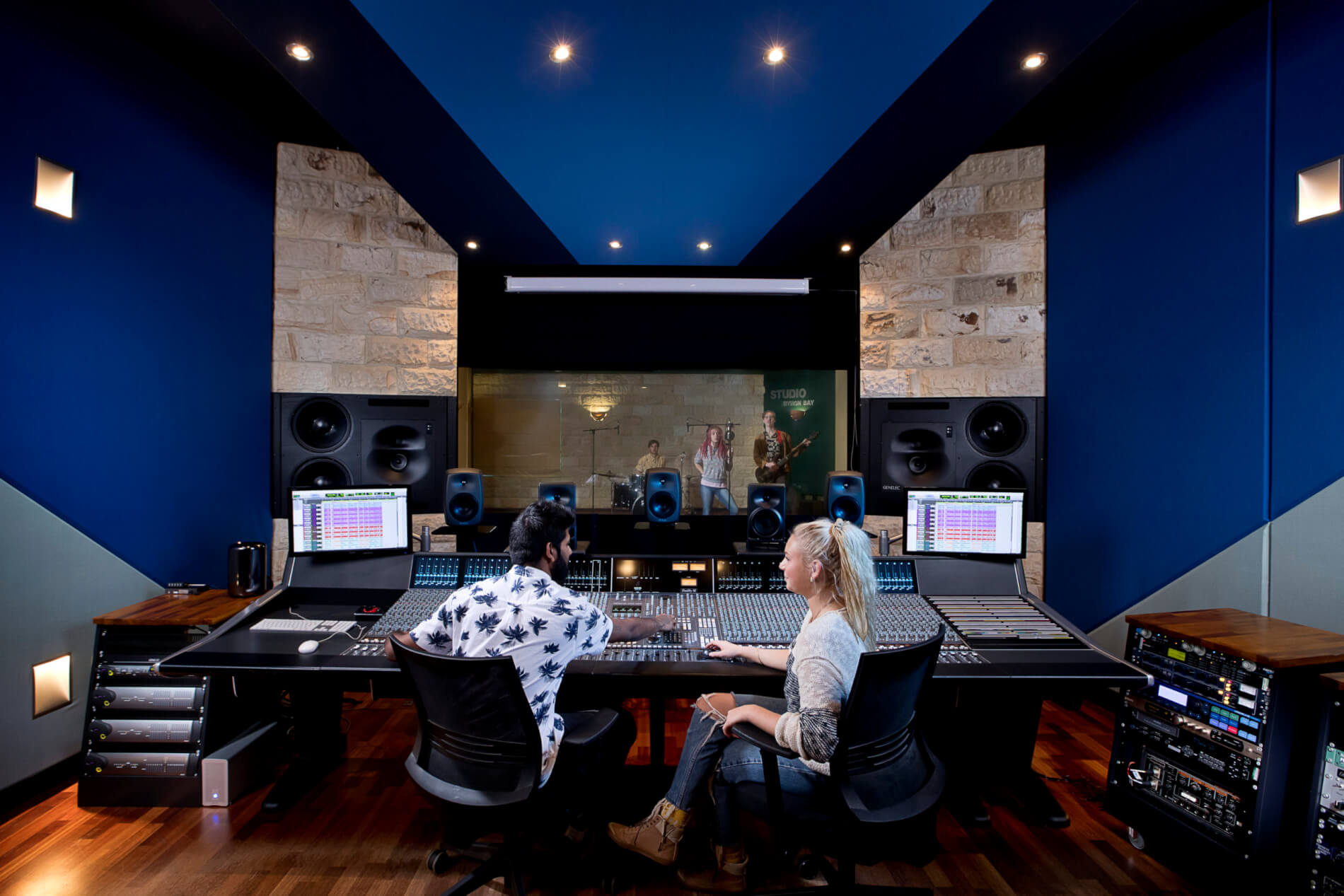
Learn in world class studio environments
Neve, SSL, Audient consoles and Pro Tools, Logic Pro.
Practical, immersive training
All work is project-based, with no exams.
Creative collaboration
Work on projects with songwriters, designers, game developers, filmmakers and animators.
Expand your career
Graduate with a portfolio, work experience, employability and entrepreneurial skills and a network of fellow creatives.
Tools & Software

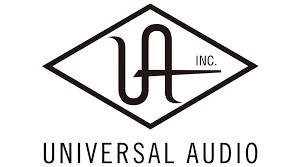


This Audio Engineering & Sound Production course covers:
Studio Production
Post Production
Mastering
Sound Principals
Working with Artists
Course Structure
The Bachelor of Audio is broken up into three distinct stages, each designed to develop different skills.
Stage 1: Foundations
Develop the essential technical audio skills and the knowledge required to collaborate with other creative media students and professionals.
Credit Points: 10
An essential foundation for your studies and your future career, You'll develop skills to become an independent learner, critical thinker and reflective practitioner
Examine influencers and trends in Audio, to develop an understanding of the learning process, research and nature of creativity and scholarship.
Potential projects:
Research the characteristics of a music or audio ‘genre’ and create a piece of work that demonstrates that knowledge.
Make an experimental mashup, to see if you can reconcile diverse sources (different genres, cultures or time periods) within one creative work.
An essential foundation for your studies and your future career, You'll develop skills to become an independent learner, critical thinker and reflective practitioner
Examine influencers and trends in Audio, to develop an understanding of the learning process, research and nature of creativity and scholarship.
Potential projects:
Research the characteristics of a music or audio ‘genre’ and create a piece of work that demonstrates that knowledge.
Make an experimental mashup, to see if you can reconcile diverse sources (different genres, cultures or time periods) within one creative work.
Credit Points: 10
Establish a basic knowledge of the principles of sound, foundational acoustics, human hearing, perception of sound and the range of technical terms related to audio.
You'll sonically assess a listening environment and be able to communicate your ideas using industry terminology.
Potential projects:
Improve the acoustic properties of a home studio setup.
Using technology analyse the sound of different rooms.
Establish a basic knowledge of the principles of sound, foundational acoustics, human hearing, perception of sound and the range of technical terms related to audio.
You'll sonically assess a listening environment and be able to communicate your ideas using industry terminology.
Potential projects:
Improve the acoustic properties of a home studio setup.
Using technology analyse the sound of different rooms.
Credit Points: 20
Gain the audio recording skills required to operate studio equipment and a Digital Audio Workstation (DAW) system by undertaking simple recording and mixing projects.
You'll be able to demonstrate an understanding of session planning, studio etiquette, microphone placement, signal flow, multi-track recording and signal processing (EQ, filters and dynamics processing) and be able to edit your session in preparation for mixdown.
Potential projects:
Develop a plan for a professional recording session.
Analyse sound recordings and create multiple mixes using balance, pan, equalisation, automation and FX processing.
Gain the audio recording skills required to operate studio equipment and a Digital Audio Workstation (DAW) system by undertaking simple recording and mixing projects.
You'll be able to demonstrate an understanding of session planning, studio etiquette, microphone placement, signal flow, multi-track recording and signal processing (EQ, filters and dynamics processing) and be able to edit your session in preparation for mixdown.
Potential projects:
Develop a plan for a professional recording session.
Analyse sound recordings and create multiple mixes using balance, pan, equalisation, automation and FX processing.
Credit points: 10
This unit will introduce you to the mindset and skillset of the creative entrepreneur, and transform your approach to problem-solving. You will analyse historical and contemporary models of leadership and best practice in entrepreneurship, and use tools for project design that include ideation, problem framing, and pitching. The skills in this unit will assist you in developing your creative thinking, exploration, and experimentation methods, allowing you to experiment with project design and content for creative media.
This unit will introduce you to the mindset and skillset of the creative entrepreneur, and transform your approach to problem-solving. You will analyse historical and contemporary models of leadership and best practice in entrepreneurship, and use tools for project design that include ideation, problem framing, and pitching. The skills in this unit will assist you in developing your creative thinking, exploration, and experimentation methods, allowing you to experiment with project design and content for creative media.
Credit Points: 10
An introduction to the technology used in various audio systems such as recording studios, live, and audio-visual sound reinforcement systems.
Develop basic soldering and electronics fault-finding skills and investigate the connectivity and terminology of small-scale audio systems.
Potential projects:
Safely set up and operate small live sound or audio-visual systems for music or spoken presentations.
An introduction to the technology used in various audio systems such as recording studios, live, and audio-visual sound reinforcement systems.
Develop basic soldering and electronics fault-finding skills and investigate the connectivity and terminology of small-scale audio systems.
Potential projects:
Safely set up and operate small live sound or audio-visual systems for music or spoken presentations.
Credit Points: 20
Apply your acquired production skills in real-life audio, music or sound design projects, one ‘in the box’ and one in the recording studio.
You'll deliver to a brief, using production skills and researching comparable works to create well-rounded products through iterative processes.
Potential projects:
First project: Enhance an audio production using sequencing, sampling and synthesis for music composition or sound design project.
Second project: Working on a collaborative studio production, You'll apply project management skills to demonstrate effective use of time and resources, whilst documenting and reflecting on the production process, identifying areas for improvements and responding to feedback from your your classmates and facilitator.
Apply your acquired production skills in real-life audio, music or sound design projects, one ‘in the box’ and one in the recording studio.
You'll deliver to a brief, using production skills and researching comparable works to create well-rounded products through iterative processes.
Potential projects:
First project: Enhance an audio production using sequencing, sampling and synthesis for music composition or sound design project.
Second project: Working on a collaborative studio production, You'll apply project management skills to demonstrate effective use of time and resources, whilst documenting and reflecting on the production process, identifying areas for improvements and responding to feedback from your your classmates and facilitator.
Stage 2: Refine & Expand
Broaden your scope to work on complex multidisciplinary projects in accordance with industry-standard practices.
Credit Points: 10
In CIM210 you will be working on interdisciplinary projects that relate to some of the most important concepts in contemporary media production. You will learn practical and analytical skills in order to help you develop your creative powers and meet briefs that take you out of your comfort zone. You will need to bring all of the skills you have learned so far: technical skills, research skills, communication skills and a growth mindset, and be prepared to encounter new concepts and new ways of working.
In CIM210 you will be working on interdisciplinary projects that relate to some of the most important concepts in contemporary media production. You will learn practical and analytical skills in order to help you develop your creative powers and meet briefs that take you out of your comfort zone. You will need to bring all of the skills you have learned so far: technical skills, research skills, communication skills and a growth mindset, and be prepared to encounter new concepts and new ways of working.
Credit points: 10
In this audio unit, you'll enhance critical listening and technical abilities by comparing and contrasting environments, digital audio workstations (DAWs), and workflows. You will chronologically explore the art of mixing through a variety of styles and gain insights into its contemporary role in music consumption. The course addresses environmental impact on mixes and offers optimisation strategies, allowing you to expand and refine your workflows to service a variety of musical styles and listening environments.
In this audio unit, you'll enhance critical listening and technical abilities by comparing and contrasting environments, digital audio workstations (DAWs), and workflows. You will chronologically explore the art of mixing through a variety of styles and gain insights into its contemporary role in music consumption. The course addresses environmental impact on mixes and offers optimisation strategies, allowing you to expand and refine your workflows to service a variety of musical styles and listening environments.
Credit points: 20
This unit will further develop your recording studio skills with hands-on experience in audio production and related areas. The first project aims to give you insight into alternative methods of marketing and promoting your skills as an audio practitioner. The second project requires you to research a concept related to audio production and develop a media asset based on your findings. Throughout the trimester you will develop and refine your professional skills, document your participation in various activities and assignments, and showcase your technical proficiency and writing aptitude. You will also further develop your DAW skills and knowledge.
The course is structured to foster your initiative and creativity, with the objective of serving each of the learning outcomes through self-designed projects. These projects will provide you with practical experience in audio production in the recording studio, and help to refine your critical thinking, research, and writing abilities.
This unit will further develop your recording studio skills with hands-on experience in audio production and related areas. The first project aims to give you insight into alternative methods of marketing and promoting your skills as an audio practitioner. The second project requires you to research a concept related to audio production and develop a media asset based on your findings. Throughout the trimester you will develop and refine your professional skills, document your participation in various activities and assignments, and showcase your technical proficiency and writing aptitude. You will also further develop your DAW skills and knowledge.
The course is structured to foster your initiative and creativity, with the objective of serving each of the learning outcomes through self-designed projects. These projects will provide you with practical experience in audio production in the recording studio, and help to refine your critical thinking, research, and writing abilities.
Credit Points: 10
Media and culture are not simply entertainment, but something that affects the “real world”, our everyday lives, and our worldviews. As such, we will not ask whether media accurately reflect the real world but instead ask how media shape, reinforce, and challenge power structures that influence our understanding of the world and ourselves. This unit takes a ‘critical theory’ approach to analyze media and culture. In this unit, you will explore media texts, contexts and meaning, society and subjectivity, pop culture aesthetics, and critical cultural discourses that inform creative media practices.
Drawing on a range of creative content and analytical frameworks, you will be encouraged to develop ways of thinking about media and culture that demonstrate a broad awareness of aesthetic principles and stylistic trends; subjectivity, agency, ethics, and relations of power; contexts, disciplines and discursive formations. In support of this exploration, you will produce a range of media artifacts that explore and contextualize the relationship of media to culture through individual analysis, collaborative and interdisciplinary creative practice, and critical reflection.
Media and culture are not simply entertainment, but something that affects the “real world”, our everyday lives, and our worldviews. As such, we will not ask whether media accurately reflect the real world but instead ask how media shape, reinforce, and challenge power structures that influence our understanding of the world and ourselves. This unit takes a ‘critical theory’ approach to analyze media and culture. In this unit, you will explore media texts, contexts and meaning, society and subjectivity, pop culture aesthetics, and critical cultural discourses that inform creative media practices.
Drawing on a range of creative content and analytical frameworks, you will be encouraged to develop ways of thinking about media and culture that demonstrate a broad awareness of aesthetic principles and stylistic trends; subjectivity, agency, ethics, and relations of power; contexts, disciplines and discursive formations. In support of this exploration, you will produce a range of media artifacts that explore and contextualize the relationship of media to culture through individual analysis, collaborative and interdisciplinary creative practice, and critical reflection.
Credit points: 10
Technical sound designers play a crucial role in bridging the gap between the creative and technical aspects of game sound production. They work with game development tools such as Unity, Unreal Engine, FMOD and Wwise to implement audio into games. They primarily take care of sound implementation tasks, whilst being flexible enough to assist in other areas, such as developing and managing audio assets.
In this unit you will develop technical sound design skills and knowledge, including: middleware integration, audio implementation, object based panning, occlusion, trigger boxes, procedural audio, real-time effects, randomisation, interactions and adaptive music systems and more.
By the end of this unit, you will have a demo video suitable for applying for entry level Technical Sound Designer roles. You will also be equipped with the skills needed to navigate the multifaceted domain of game audio.
Technical sound designers play a crucial role in bridging the gap between the creative and technical aspects of game sound production. They work with game development tools such as Unity, Unreal Engine, FMOD and Wwise to implement audio into games. They primarily take care of sound implementation tasks, whilst being flexible enough to assist in other areas, such as developing and managing audio assets.
In this unit you will develop technical sound design skills and knowledge, including: middleware integration, audio implementation, object based panning, occlusion, trigger boxes, procedural audio, real-time effects, randomisation, interactions and adaptive music systems and more.
By the end of this unit, you will have a demo video suitable for applying for entry level Technical Sound Designer roles. You will also be equipped with the skills needed to navigate the multifaceted domain of game audio.
Credit points: 10
Sound in the environment is crucial in our daily lives and in the production of nearly all media. When working with sound, we constantly desire to control our acoustic environment in the first instance to obtain uncontaminated recordings and, secondly, to clinically listen to and work with these recordings. The goal of this Unit is to guide you through and expose you to various disciplines of sound and sound recording that exist outside of the controlled environment of the studio—to lead through sonic encounters with the world around us. From Film sound and its associated location recordings, documentary recordings and acoustic ecology to recreating these environments through Foley recording, this Unit aims to expose you to practical and theoretical experience with location sound. Exploring recording devices, microphones and microphone techniques to multi-track digital audio workstations (DAWs)– this course expands through ideas and practices of location sound, exposing these components and exploring their connection to various media.
Sound in the environment is crucial in our daily lives and in the production of nearly all media. When working with sound, we constantly desire to control our acoustic environment in the first instance to obtain uncontaminated recordings and, secondly, to clinically listen to and work with these recordings. The goal of this Unit is to guide you through and expose you to various disciplines of sound and sound recording that exist outside of the controlled environment of the studio—to lead through sonic encounters with the world around us. From Film sound and its associated location recordings, documentary recordings and acoustic ecology to recreating these environments through Foley recording, this Unit aims to expose you to practical and theoretical experience with location sound. Exploring recording devices, microphones and microphone techniques to multi-track digital audio workstations (DAWs)– this course expands through ideas and practices of location sound, exposing these components and exploring their connection to various media.
Credit points: 10
The unit introduces the theories and applications of user-experience design principles relevant to interactive Augmented and Virtual Reality experiences, and the practical knowledge required in the technical production and development of introductory experiences. Practical, project-based learning activities will be completed in parallel with theoretical discourse and collaborative research. Blue-sky thinking and speculative design are encouraged to allow for the conceptual development of ideas.
The unit introduces the theories and applications of user-experience design principles relevant to interactive Augmented and Virtual Reality experiences, and the practical knowledge required in the technical production and development of introductory experiences. Practical, project-based learning activities will be completed in parallel with theoretical discourse and collaborative research. Blue-sky thinking and speculative design are encouraged to allow for the conceptual development of ideas.
Stage 3: Showcase
Execute a project of your own design which is of a high quality and externally published, with the knowledge to commercialise if you choose. You'll also apply your skills through industry work placement.
Credit Points: 20
This is the first unit in a two-part process of developing a collaborative project, designed to meet professional publication standards. In a group, you'll design and execute a full-scale creative project which will be designed to a specific target audience and market of your team's choosing.
Working closely with SAE Project Supervisors, your project will be guided through formal pre-production and production processes to deliver a creative media project. If you are undertaking a specialisation in your course, you will be required to align it with this capstone project as part of the approval process.
This unit is designed to support the pre-production process, long term success of the project and the fair and equitable contribution of group members. You'll present to the panel your forward plan for the project, which demonstrates rigourous pre-production processes to mitigate risk to ensure the project can be delivered on time and to specification.
Once you successfully complete this unit the emphasis of the capstone project development will move away from pre-production into full production mode.
This is the first unit in a two-part process of developing a collaborative project, designed to meet professional publication standards. In a group, you'll design and execute a full-scale creative project which will be designed to a specific target audience and market of your team's choosing.
Working closely with SAE Project Supervisors, your project will be guided through formal pre-production and production processes to deliver a creative media project. If you are undertaking a specialisation in your course, you will be required to align it with this capstone project as part of the approval process.
This unit is designed to support the pre-production process, long term success of the project and the fair and equitable contribution of group members. You'll present to the panel your forward plan for the project, which demonstrates rigourous pre-production processes to mitigate risk to ensure the project can be delivered on time and to specification.
Once you successfully complete this unit the emphasis of the capstone project development will move away from pre-production into full production mode.
Credit Points: 20
Plan and execute professional productions with emphasis on an authentic and real audience. You'll develop and pitch projects, clearly establishing your aims and engage in feedback processes with project stakeholders.
You'll be able to autonomously demonstrate commercial industry practices in order to compete as an industry professional. You'll refine your transferable skills such as collaboration, research, interdisciplinary approaches and engagement with specific feedback processes, further preparing you for entry into the audio industry.
You will work autonomously as an audio practitioner within challenging and diverse team environments across all disciplines and will be encouraged to work towards common project goals.
Aesthetic and non-artistic concepts of live sound reinforcement and advanced application of audio such as broadcast and streaming will feature heavily and you are encouraged to look at how emerging technologies and traditional studio environments can potentially intersect.
As with other studio units, Studio 4 covers a range of generalised areas and with the support of your facilitator You'll aim to synthesise and contextualise these areas to your own career interests.
You'll be able to take on a higher level of responsibility which can range from professional portfolio articles, and contribution to your industry through to the delivery of industry-standard artifacts hosted on your own portfolio or in other public domain areas such as published industry media sites, streaming services, sound installations or social media.
Start to develop a clear career direction and build artifacts and relationships that will impact your trajectory towards it positively.
Plan and execute professional productions with emphasis on an authentic and real audience. You'll develop and pitch projects, clearly establishing your aims and engage in feedback processes with project stakeholders.
You'll be able to autonomously demonstrate commercial industry practices in order to compete as an industry professional. You'll refine your transferable skills such as collaboration, research, interdisciplinary approaches and engagement with specific feedback processes, further preparing you for entry into the audio industry.
You will work autonomously as an audio practitioner within challenging and diverse team environments across all disciplines and will be encouraged to work towards common project goals.
Aesthetic and non-artistic concepts of live sound reinforcement and advanced application of audio such as broadcast and streaming will feature heavily and you are encouraged to look at how emerging technologies and traditional studio environments can potentially intersect.
As with other studio units, Studio 4 covers a range of generalised areas and with the support of your facilitator You'll aim to synthesise and contextualise these areas to your own career interests.
You'll be able to take on a higher level of responsibility which can range from professional portfolio articles, and contribution to your industry through to the delivery of industry-standard artifacts hosted on your own portfolio or in other public domain areas such as published industry media sites, streaming services, sound installations or social media.
Start to develop a clear career direction and build artifacts and relationships that will impact your trajectory towards it positively.
Credit Points: 20
Using the project plan and pre-production work that you completed in the Major Project Development Unit, you'll adopt a quality framework that will lead to the publication of a final creative piece.
This quality process will be accountable to multiple, external stakeholders and will test your ability to problem solve, evaluate and synthesise information to the standard that we expect from all SAE graduates. Throughout this journey, you will interact with your classmates and other key stakeholders using the processes and systems and that you would have developed throughout your course.
The publication and subsequent success of the final deliverable will represent the broadening and deepening of your professional practice which has occurred during your journey.
Using the project plan and pre-production work that you completed in the Major Project Development Unit, you'll adopt a quality framework that will lead to the publication of a final creative piece.
This quality process will be accountable to multiple, external stakeholders and will test your ability to problem solve, evaluate and synthesise information to the standard that we expect from all SAE graduates. Throughout this journey, you will interact with your classmates and other key stakeholders using the processes and systems and that you would have developed throughout your course.
The publication and subsequent success of the final deliverable will represent the broadening and deepening of your professional practice which has occurred during your journey.
Credit Points: 10
Gain an introduction to the principles of entrepreneurship to create and operate your own creative media small business venture. Through analysing the global media landscape, You'll be able to identify and explore start-up opportunities within the creative industries.
This unit is designed to be done in parallel with your capstone project. You'll apply the skills and knowledge from this unit to formulate a rigorous business case to help you commercialise your capstone project and use it as a basis for a creative media start-up.
Gain an introduction to the principles of entrepreneurship to create and operate your own creative media small business venture. Through analysing the global media landscape, You'll be able to identify and explore start-up opportunities within the creative industries.
This unit is designed to be done in parallel with your capstone project. You'll apply the skills and knowledge from this unit to formulate a rigorous business case to help you commercialise your capstone project and use it as a basis for a creative media start-up.
Credit Points: 10
Future jobs will require workers to learn on the job; focus on relationships with people; have strong communication skills; use a range of transferable skills. Research consistently points to the benefits of students being prepared with documents that are required for job applications, such as a Resume, Cover Letter, and E-portfolio.
In addition, the value of a Work Placement which provides you with professional experience and an opportunity to use skills and knowledge gained from study to complement this.
The Work Placement for SAE Bachelor students requires a minimum of 80 hours at one or more host organisation. Both the student and the host are required to complete an SAE Agreement which formalises the placement.
Future jobs will require workers to learn on the job; focus on relationships with people; have strong communication skills; use a range of transferable skills. Research consistently points to the benefits of students being prepared with documents that are required for job applications, such as a Resume, Cover Letter, and E-portfolio.
In addition, the value of a Work Placement which provides you with professional experience and an opportunity to use skills and knowledge gained from study to complement this.
The Work Placement for SAE Bachelor students requires a minimum of 80 hours at one or more host organisation. Both the student and the host are required to complete an SAE Agreement which formalises the placement.
Credit Points: 10
CRICOS Course Codes
105481E (6 TRIMESTERS)
105480F (8 TRIMESTERS)
Australian Qualification Framework
AQF: Level 7
Fully Accredited with TEQSA
We consult closely with industry professionals so you can expect a course that’s highly relevant and equips you with sought-after skills.

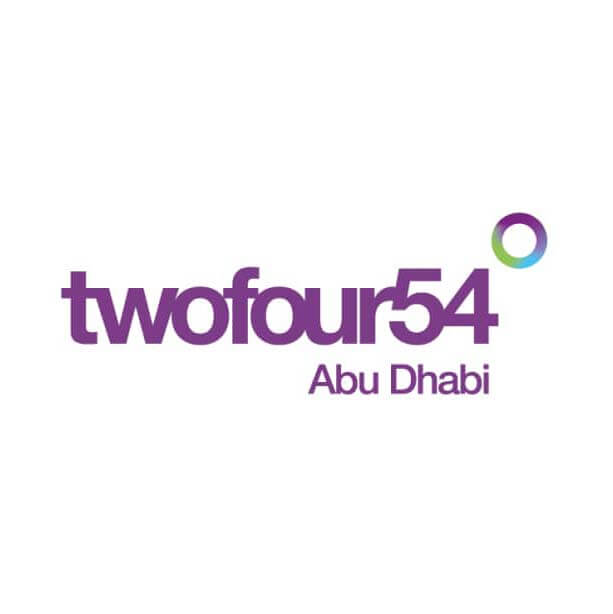


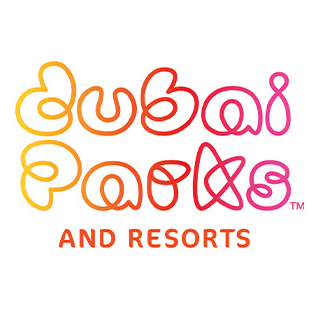







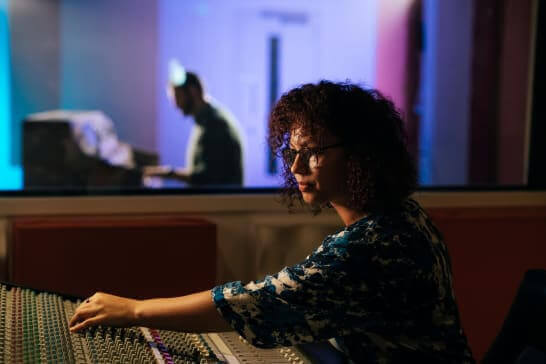
What jobs will this course lead me into?
Studio Engineer
Music Producer
Game Audio Specialist
Sound Editor
Staging Crew
Audio/Visual Technician
Sound Designer
Live Sound Engineer/Operator
Radio Broadcasting
